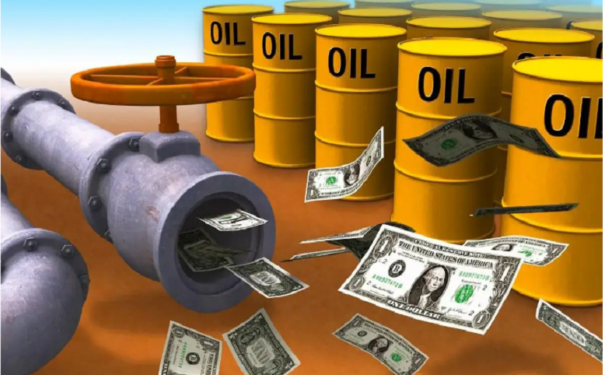Nigerian oil blends, including Bonny Light and Brass River, settled above $71 per barrel at the midweek trading session amid global market volatility.
Brent crude and U.S. West Texas Intermediate (WTI) crude both experienced a 1 percent drop in Thursday, with Brent trading at $67 and WTI at $63.4 per barrel.
OPEC+ plans to discuss further production increases in October to reclaim market share, with a meeting scheduled for Sunday.
Eight members of the Organization of the Petroleum Exporting Countries and its allies, collectively known as OPEC+, are poised to deliberate further production augmentations in October during a meeting on Sunday, as the consortium seeks to regain market share. The market seems to be acclimating to the supply enhancements with relative ease during the third quarter’s peak season.
Nonetheless, potential inventory accumulations in the winter months will serve as a litmus test for oil prices. Presently, the markets do not discern many favorable catalysts, provided geopolitical tensions remain subdued.
OPEC+ had earlier consented to augment the United Arab Emirates’ quota by 300,000 barrels per day, while elevating production targets by roughly 2.2 million barrels daily from April through September.
Despite the swift escalation in production, Middle Eastern oil prices have persisted as the highest within the region in recent months. A report from Haitong Securities intimates that this has fortified the confidence of Saudi Arabia and other nations.
OPEC members are set to further augment their production levels, while market analysts are closely scrutinizing US inventory figures.
Crude oil reserves experienced an increment of 622,000 barrels for the week concluding on August 29, as reported by the American Petroleum Institute, defying the anticipated 2million barrel reduction.
The official government data from the United States is expected to be released later on Thursday, subsequent to the national holiday. Enhanced production from OPEC+ combined with escalating US stockpiles may exacerbate downward pressure on global benchmark prices. The outcome of Sunday’s meeting will be pivotal in deciding whether Brent crude maintains its current levels or ventures into the lower $60 range in the forthcoming weeks.
The President of Nigeria recently announced that Africa’s most populous economy successfully achieved its revenue target for the fiscal year 2025, notwithstanding the sluggishness in the crude oil market. President Bola Tinubu asserted that the revenue target was attained in August, with non-oil exports serving as the principal catalyst for this accomplishment.
Nigeria established the benchmark price for crude oil at $75 per barrel this year; however, prices fluctuated below $70 per barrel for the majority of 2025. “I can stand here in front of you today and boast that Nigeria is not borrowing. “We achieved our annual revenue goal last month. We are stable, so let Trump do his worst.” The President said.

